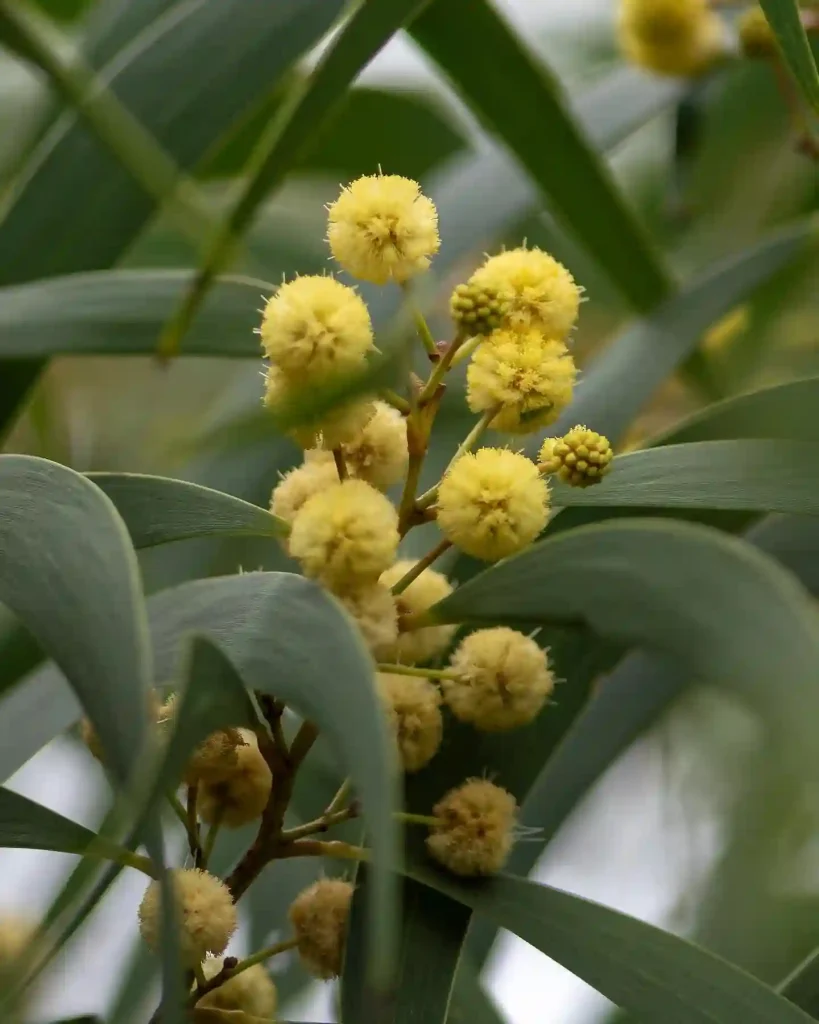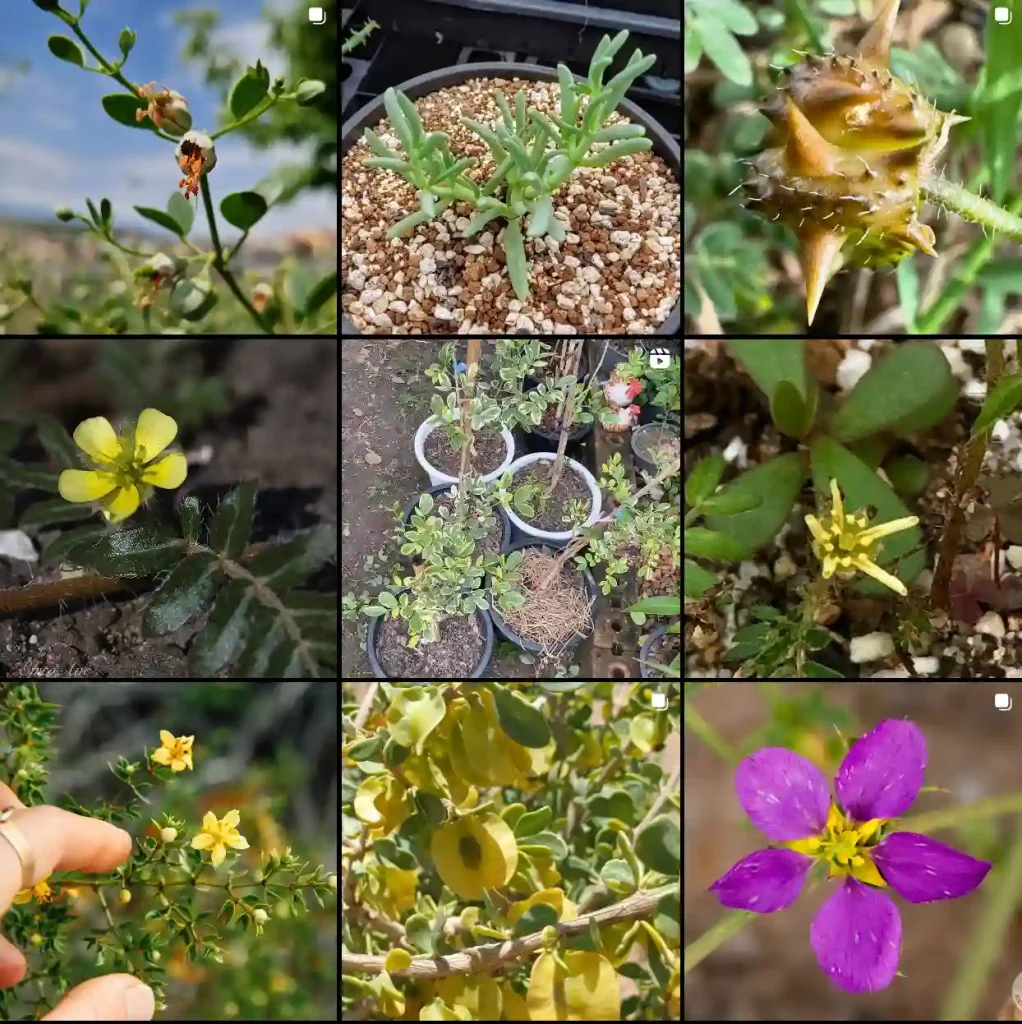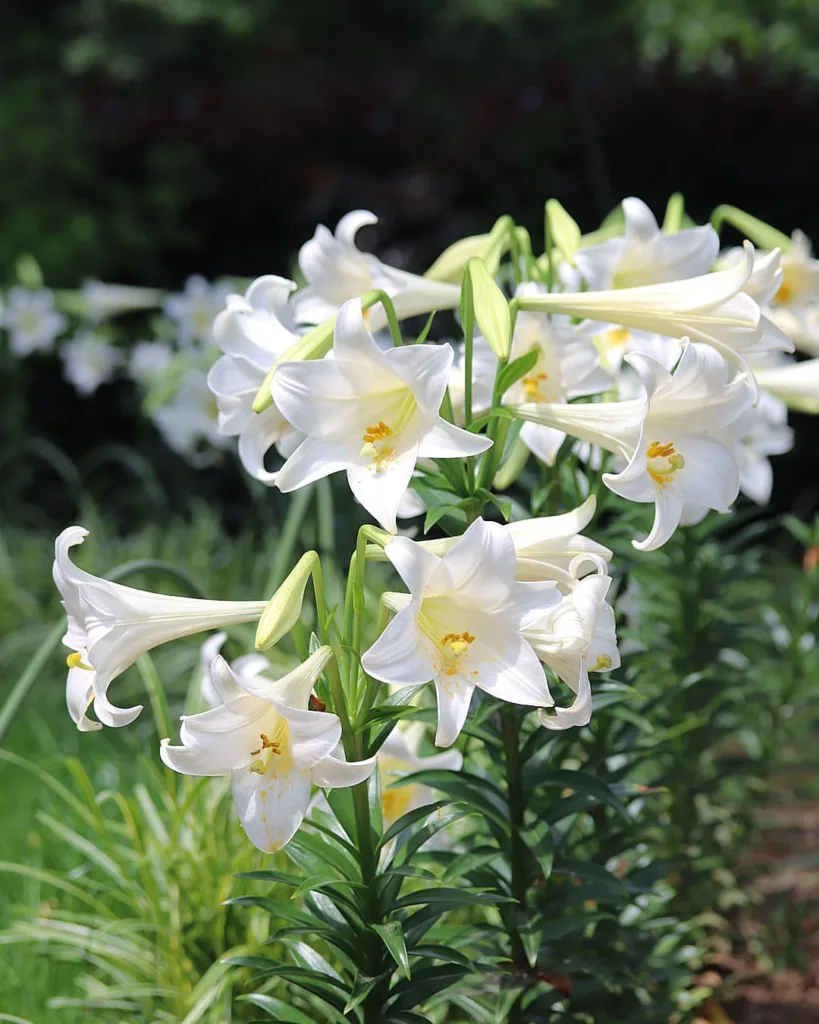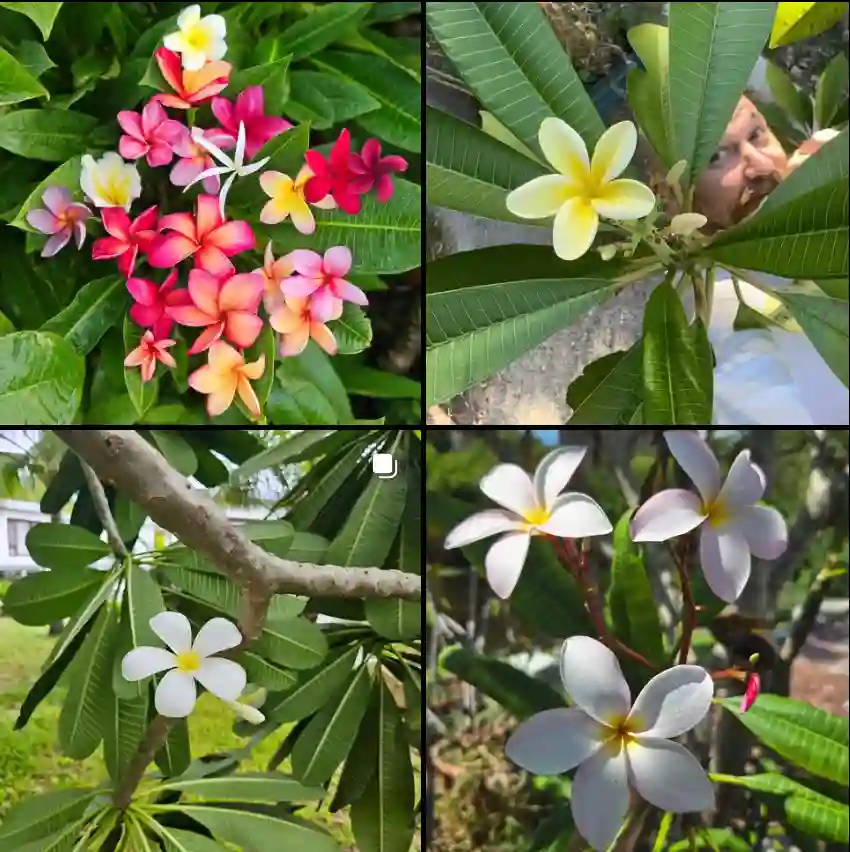Ephedra: A Genus of Ancient Plants
The Ephedra genus has always fascinated me. These unique plants, often overlooked in the world of botany, have a rich history and a surprising number of uses. As a researcher with a keen interest in ethnobotany, I’ve spent countless hours studying the Ephedra genus, and I’m excited to share some of my knowledge with you today.
What is Ephedra?
Ephedra is a genus of gymnosperm shrubs, the only genus in its family, Ephedraceae. These plants are characterized by their jointed stems, which often give them a horsetail-like appearance. They are typically found in arid and semi-arid regions around the world, from the southwestern United States to the deserts of Central Asia. Ephedra plants have adapted to thrive in these harsh environments, with their reduced leaves and photosynthetic stems helping them conserve water.
A Diverse Genus
The Ephedra genus is surprisingly diverse, with over 60 recognized species.
- Ephedra sinica: Perhaps the most well-known species, native to China and used in traditional Chinese medicine for centuries.
- Ephedra viridis: Commonly known as Mormon tea or green ephedra, this species is found in the southwestern United States and has been used by Native Americans for various medicinal and ceremonial purposes.
- Ephedra distachya: Native to Europe and parts of Asia, this species has also been used medicinally and is sometimes referred to as “sea grape.”
- Ephedra equisetina: This species, with its dense, horsetail-like growth, is often used ornamentally.
- Ephedra alata Decne.
- Ephedra altissima Desf.
- Ephedra americana Humb. & Bonpl. ex Willd.
- Ephedra antisyphilitica Berland. ex C.A.Mey.
- Ephedra aphylla Forssk.
- Ephedra × arenicola H.C.Cutler
- Ephedra aspera Engelm. ex S.Watson
- Ephedra aurantiaca Takht. & Pachom.
- Ephedra aurea Brullo, C.Brullo, Cambria, Ilardi, Siracusa & Giusso
- Ephedra boelckei F.A.Roig
- Ephedra botschantzevii Pachom.
- Ephedra breana Phil.
- Ephedra brevifoliata Ghahr.
- Ephedra californica S.Watson
- Ephedra chengiae Y.Yang & D.K.Ferguson
- Ephedra chilensis C.Presl
- Ephedra ciliata Fisch. & C.A.Mey.
- Ephedra compacta Rose
- Ephedra coryi E.L.Reed
- Ephedra cutleri Peebles
- Ephedra dahurica Turcz.
- Ephedra dawuensis Y.Yang
- Ephedra × eleutherolepis V.A.Nikitin
- Ephedra fasciculata A.Nelson
- Ephedra fedtschenkoae Paulsen
- Ephedra foeminea Forssk.
- Ephedra fragilis Desf.
- Ephedra frustillata Miers
- Ephedra funerea Coville & C.V.Morton
- Ephedra gerardiana Wall. ex Klotzsch & Garcke
- Ephedra glauca Regel
- Ephedra gracilis Phil. ex Stapf
- Ephedra holoptera Riedl
- Ephedra intermedia Schrenk & C.A.Mey.
- Ephedra kardangensis P.Sharma & P.L.Uniyal
- Ephedra laristanica Assadi
- Ephedra likiangensis Florin
- Ephedra lomatolepis Schrenk
- Ephedra milleri Freitag & Maier-St.
- Ephedra minuta Florin
- Ephedra monosperma J.G.Gmel. ex C.A.Mey.
- Ephedra multiflora Phil. ex Stapf
- Ephedra nebrodensis Tineo
- Ephedra nevadensis S.Watson
- Ephedra ochreata Miers
- Ephedra oxyphylla Riedl
- Ephedra pachyclada Boiss.
- Ephedra pedunculata Engelm. ex S.Watson
- Ephedra pentandra Pachom.
- Ephedra procera C.A.Mey.
- Ephedra przewalskii Stapf
- Ephedra pseudodistachya Pachom.
- Ephedra regeliana Florin
- Ephedra rhytidosperma Pachom.
- Ephedra rituensis Y.Yang, D.Z.Fu & G.H.Zhu
- Ephedra rupestris Benth.
- Ephedra sarcocarpa Aitch. & Hemsl.
- Ephedra saxatilis (Stapf) Royle ex Florin
- Ephedra somalensis Freitag & Maier-St.
- Ephedra stipitata J.Biswas & Rita Singh
- Ephedra strobilacea Bunge
- Ephedra strongylensis Brullo, C.Brullo, Cambria, Ilardi, Siracusa, Miniss. & Giuss
- Ephedra tilhoana Maire
- Ephedra torreyana S.Watson
- Ephedra transitoria Riedl
- Ephedra triandra Tul.
- Ephedra trifurca Torr. ex S.Watson
- Ephedra trifurcata Zöllner
- Ephedra tweedieana C.A.Mey.
- Ephedra vvedenskyi Pachom.
- Ephedra yangthangensis P.Sharma & Rita Singh
Traditional Uses and Modern Applications
Ephedra plants have a long history of use in traditional medicine. Various cultures have employed different species of Ephedra to treat a range of ailments, including asthma, allergies, and colds. The active compounds in Ephedra, primarily ephedrine and pseudoephedrine, act as stimulants and decongestants.
In modern medicine, ephedrine and pseudoephedrine are still used in some over-the-counter medications for nasal congestion and respiratory problems. However, their use is regulated due to potential side effects and the risk of abuse.
Ephedra and Conservation
While Ephedra plants are hardy and adaptable, some species face threats due to habitat loss and over-harvesting. It’s crucial to ensure sustainable harvesting practices and to protect the fragile ecosystems where these plants thrive.
Looking Ahead
As a researcher, I believe there’s still much to learn about the Ephedra genus. Further research into its chemical composition, potential medicinal benefits, and ecological role could yield valuable insights. I’m particularly interested in exploring the traditional knowledge surrounding Ephedra use in different cultures and how this knowledge can inform modern research and conservation efforts.
The Ephedra genus, with its unique characteristics and long history of human use, deserves our attention and respect. By understanding these plants and their importance, we can ensure their continued survival and potentially unlock new benefits for human health and well-being.




